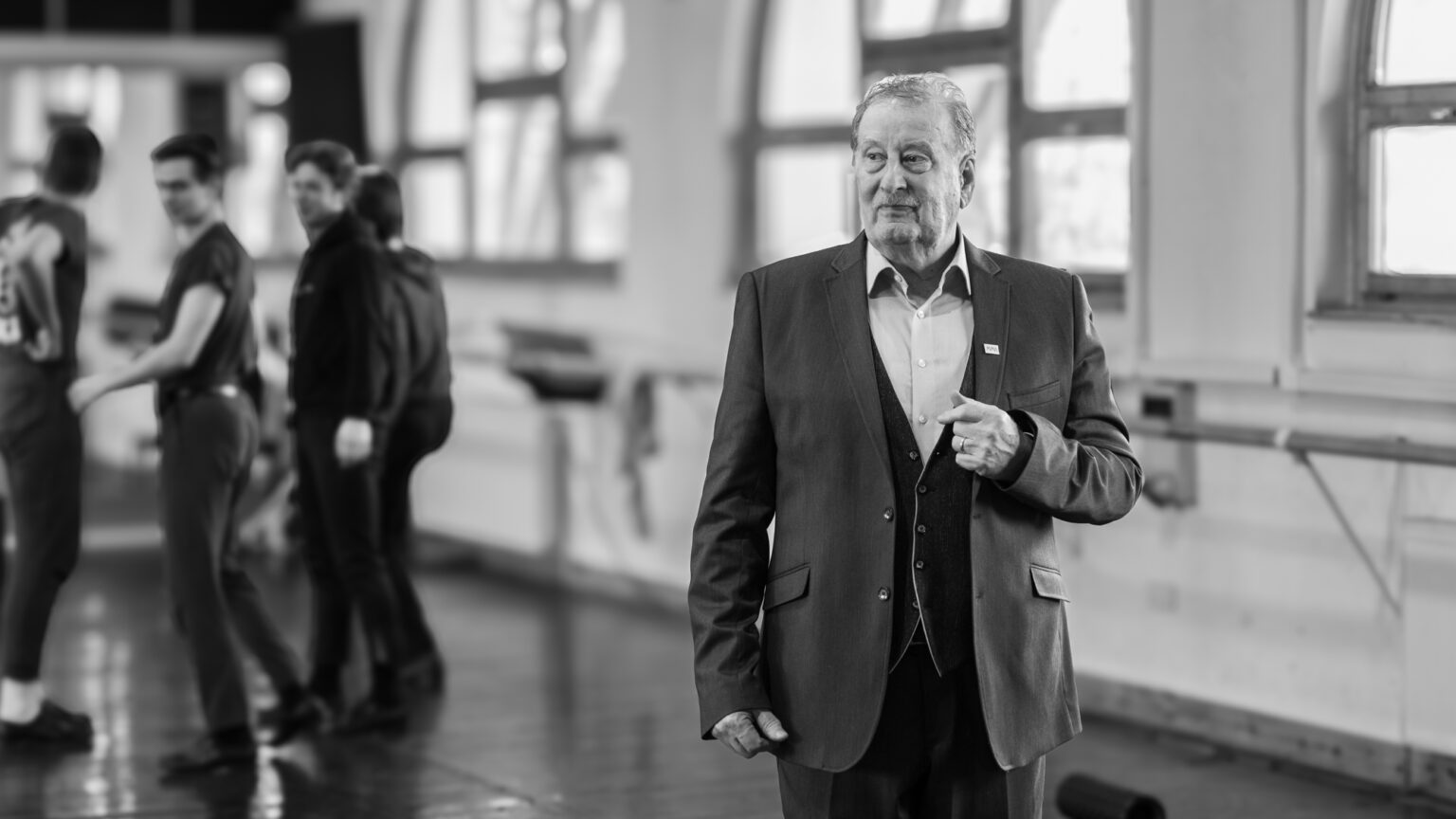
Artist of the Nation and Kossuth Prize–winning choreographer Zoltán Zsuráfszky reflects on a lifetime devoted to Hungarian folk dance. From his formative collecting trips across the Carpathian Basin in the 1970s to leading the Hungarian National Dance Ensemble today, he speaks about preserving authentic traditions, bringing them to the world stage, and the philosophy behind works such as Hungarian Wedding (Magyar Menyegző).
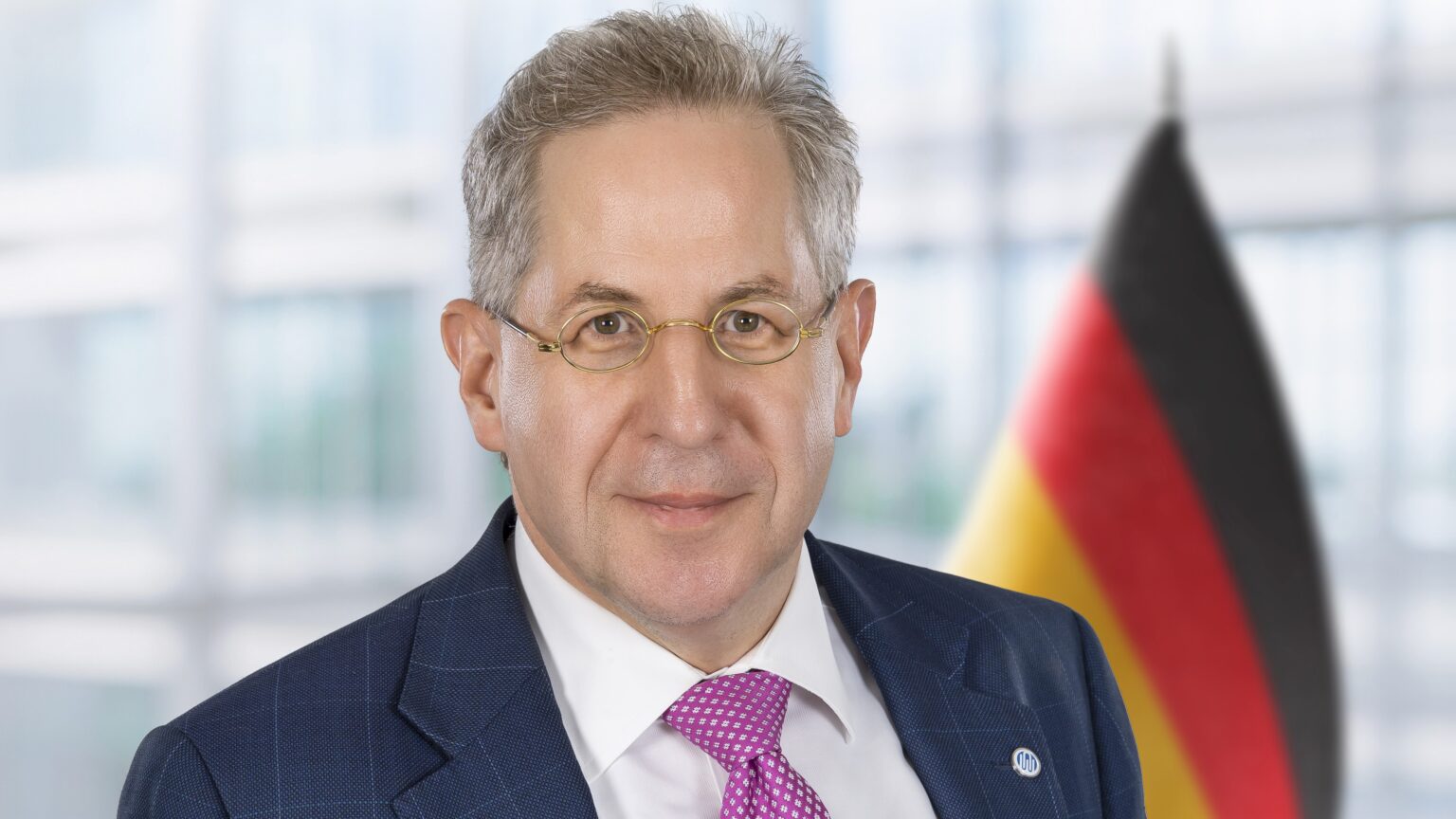
‘If current trends continue unchecked, Germany in 2030 will be a country…in which the range of acceptable opinion has narrowed dramatically. The constitutional vocabulary will still be used, but its content will have been hollowed out, rights will be conditional on democratic reliability, and whole social groups will live under a permanent cloud of suspicion.’
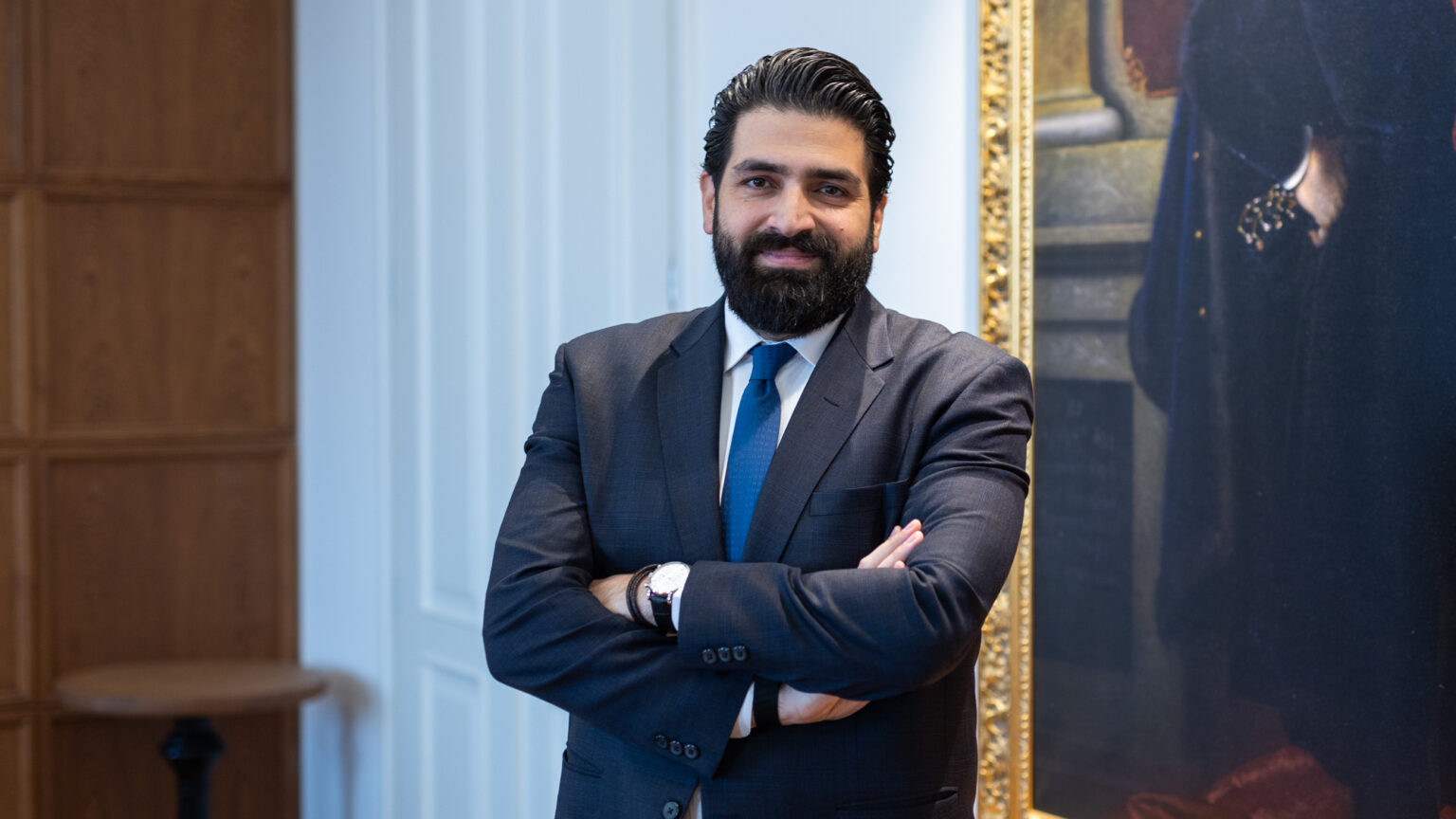
How strong is Iranian and Syrian political influence in Lebanon after Hezbollah was weakened? What is the status of Christian communities, and what room for manoeuvre does Maronite politics have? We asked Marwan Abdallah, Head of the Foreign Affairs Department at the Lebanese Kataeb Party, about the rise and fall of Hezbollah and the scope for Christian politics in Lebanon.
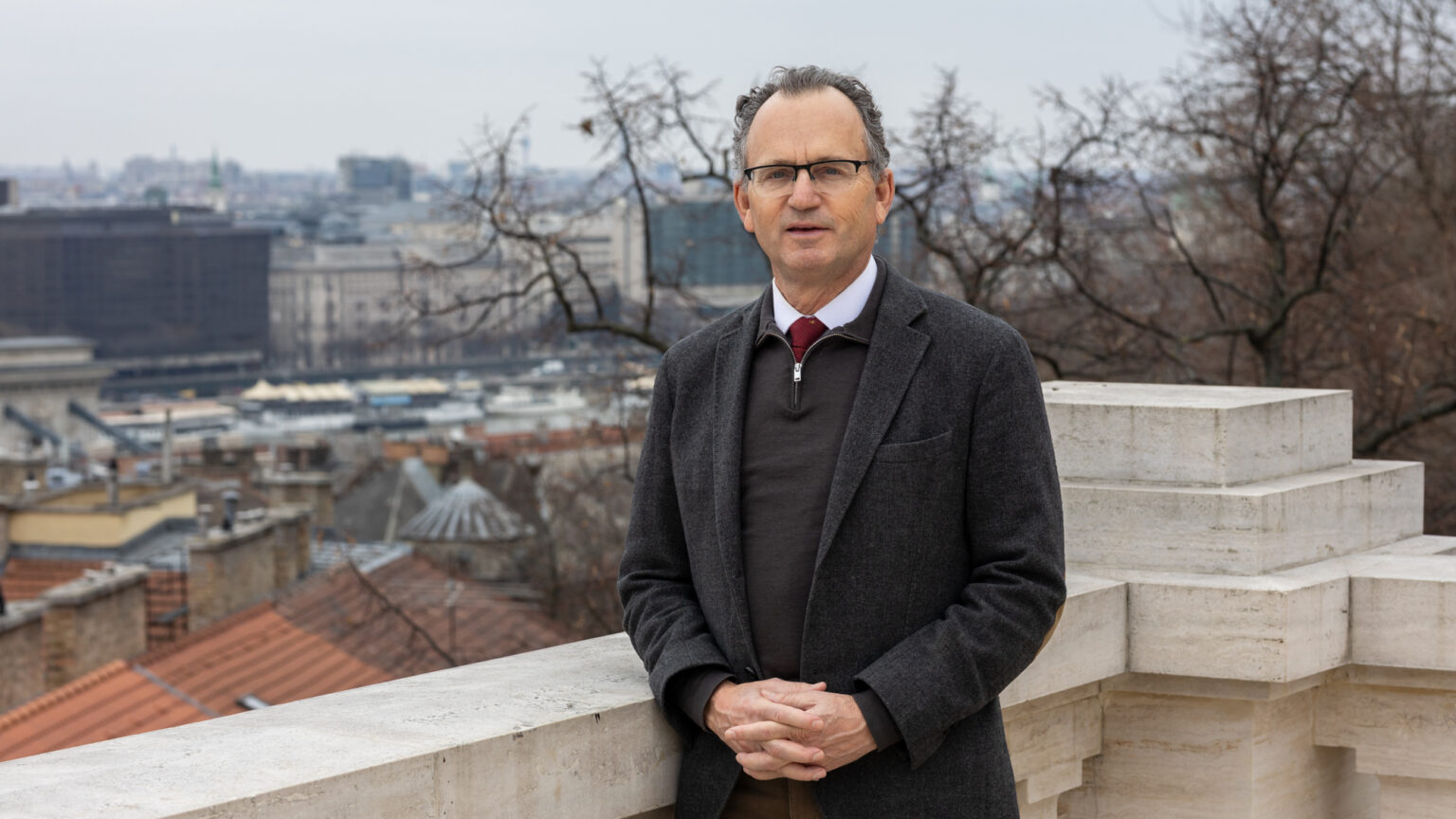
Will Iran sign a new deal on its nuclear and ballistic missile programme? How strong are Russian, Chinese, and American influences in the Middle East? What will happen to Gaza and Hamas? We asked the former CEO and President of the Middle East Institute about the rapidly changing geopolitical landscape of the Middle East.
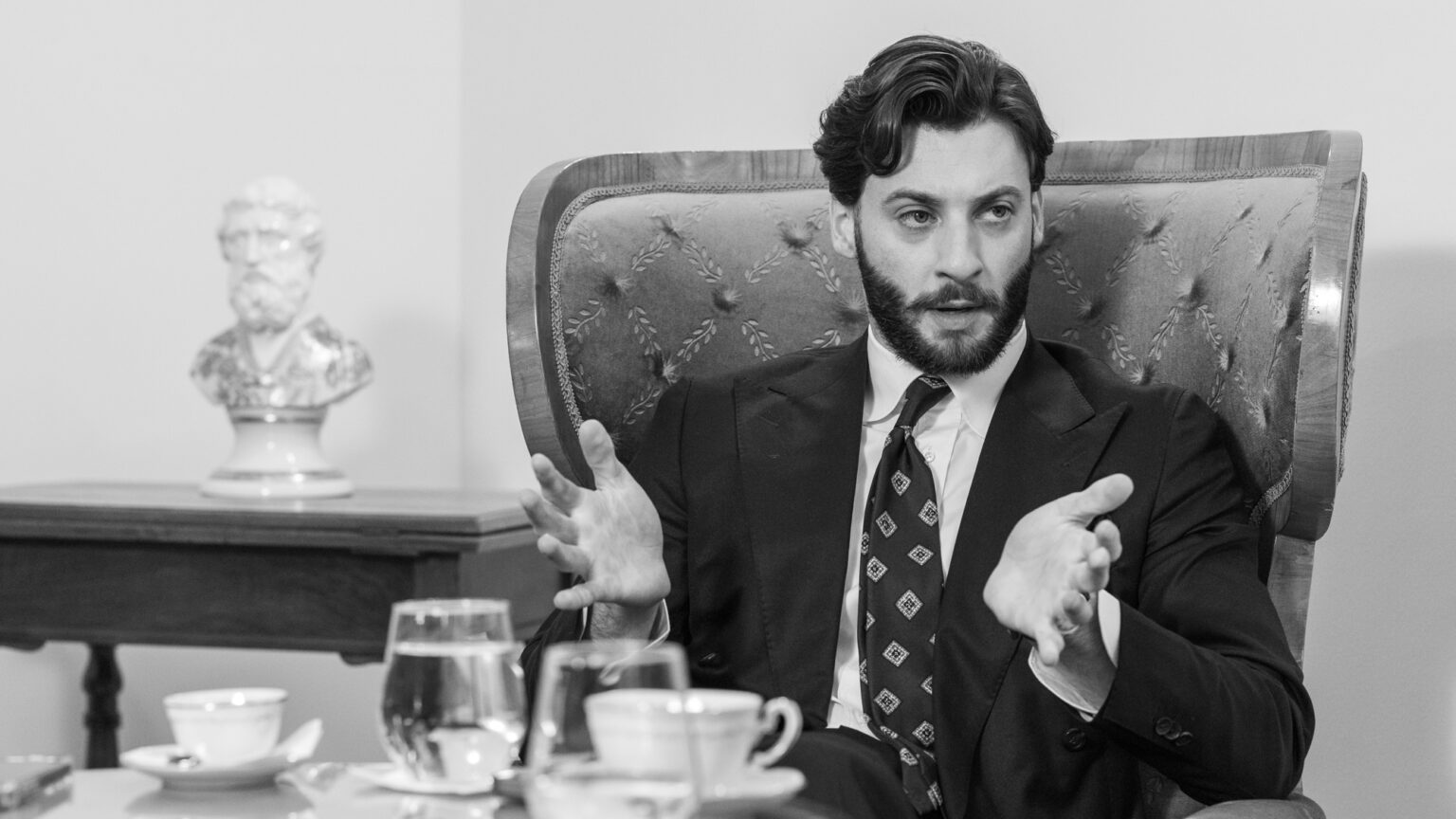
Dutch conservative influencer Matthias Victorian, known as Code Victorian, has emerged as a rapidly growing voice of Europe’s new right, blending traditional aesthetics with unapologetic nationalist politics. Speaking in Budapest, he warned that mass migration, cultural decline, and ideological division threaten Europe’s very survival—making Hungary a rare stronghold of civilizational resistance.
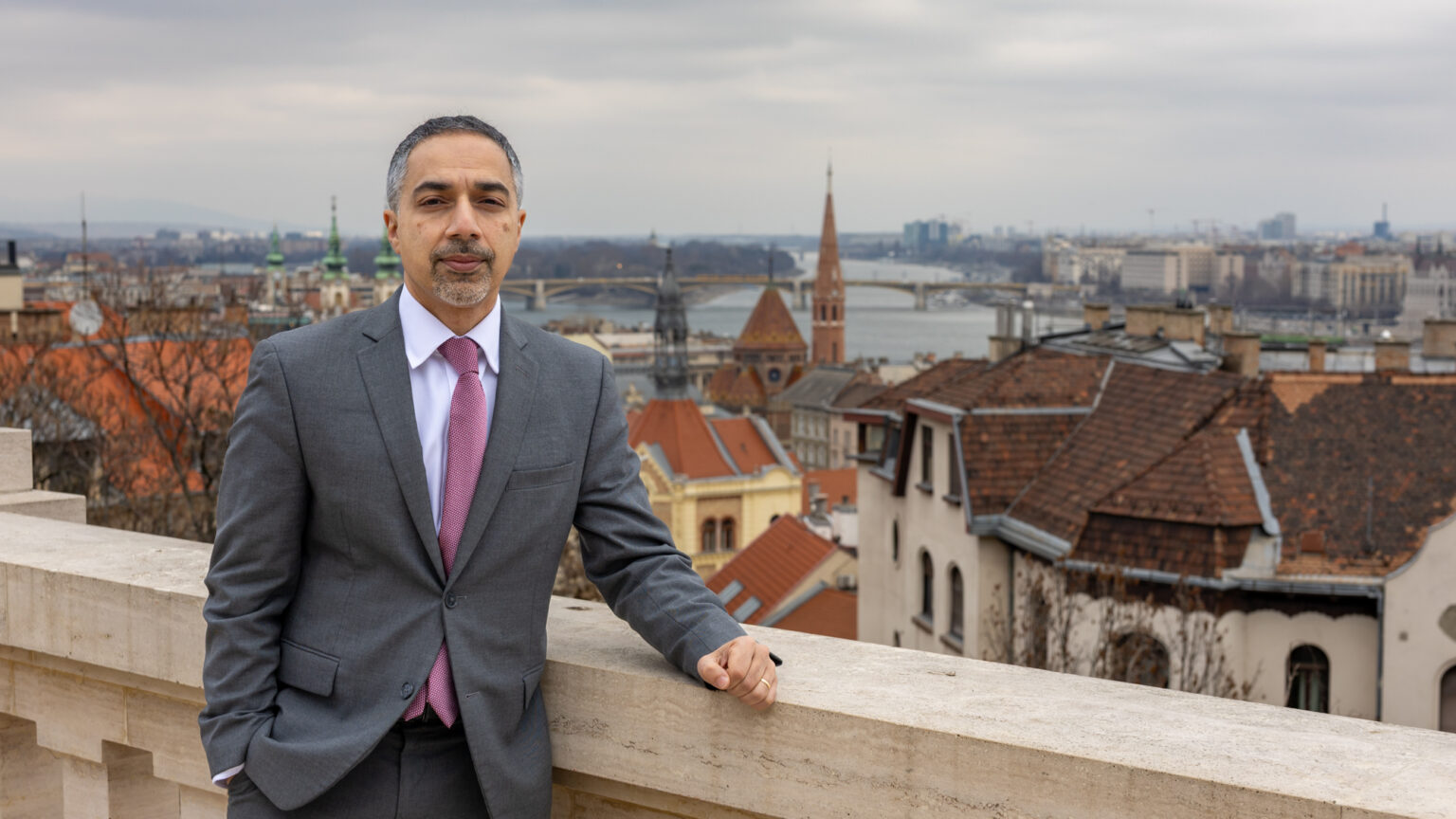
Is the Ayatollah regime willing to change under societal pressure? Will Iran strike a deal on its nuclear programme with the US? Does it have the capacity for a blitzkrieg? We interviewed the Executive Vice President of the Quincy Institute for Responsible Statecraft at the Hungarian Institute of International Affairs’ Budapest Global Dialogue on the ongoing turbulences in Iran.
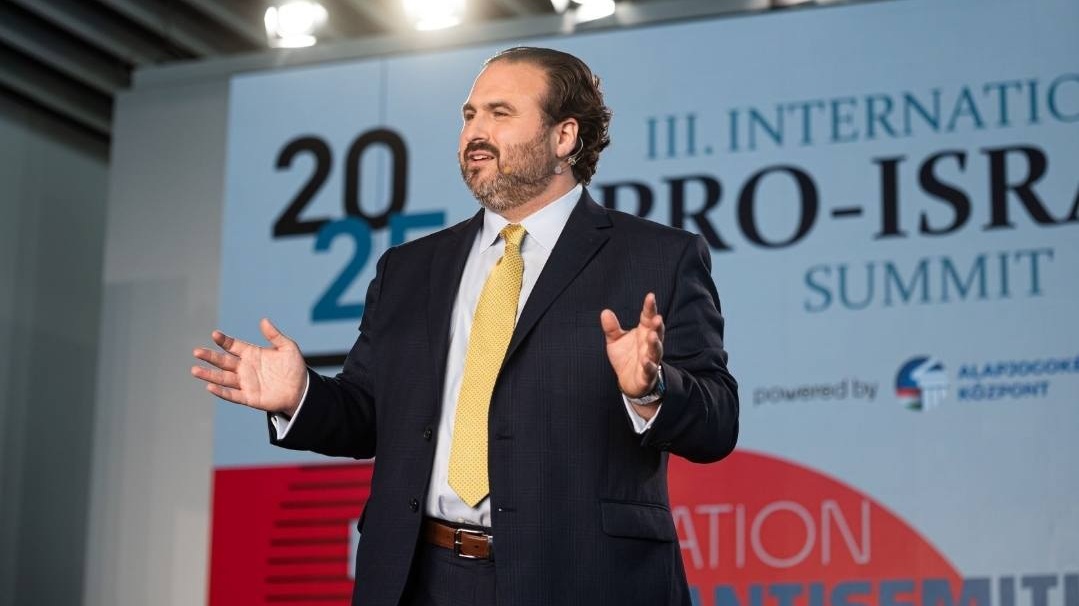
The New England Patriots are taking on the Seattle Seahawks in Super Bowl LX tonight. Bryan Leib has correctly predicted the last two Super Bowl winners for Hungarian Conservative. Read the interview to find out who he picks this year, as well as what he thinks about this year’s midterm elections, US–Hungary relations, and foreign policy under President Trump’s second term.
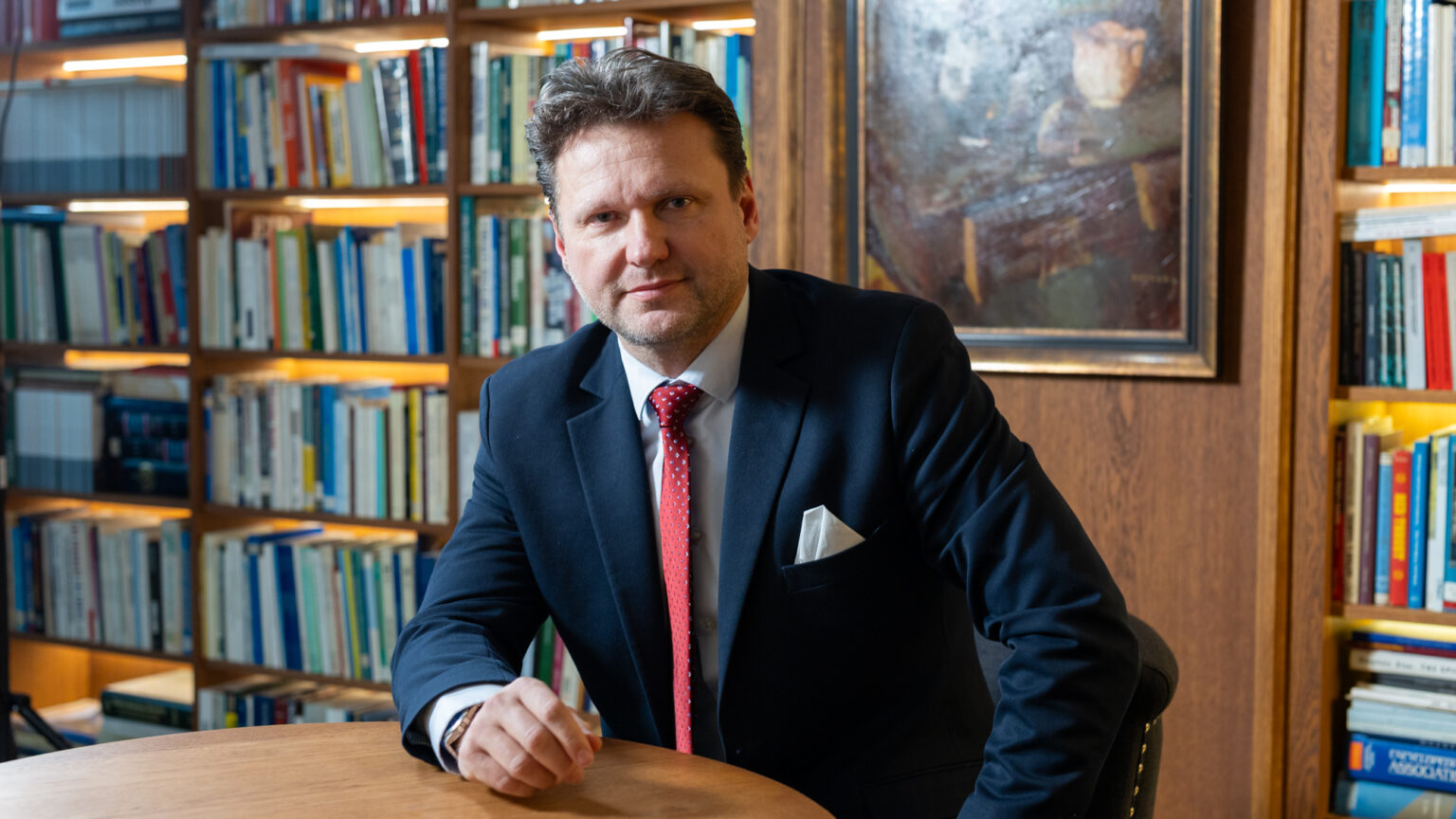
Why are the Czechs wary of Ukraine’s rapid EU membership? What is the secret behind the ANO party’s success? We asked the Chair of the Foreign Affairs Committee of the Chamber of Deputies of the Parliament of the Czech Republic about the future of the V4, the Patriots’ programme, and the ideological state of Europe.
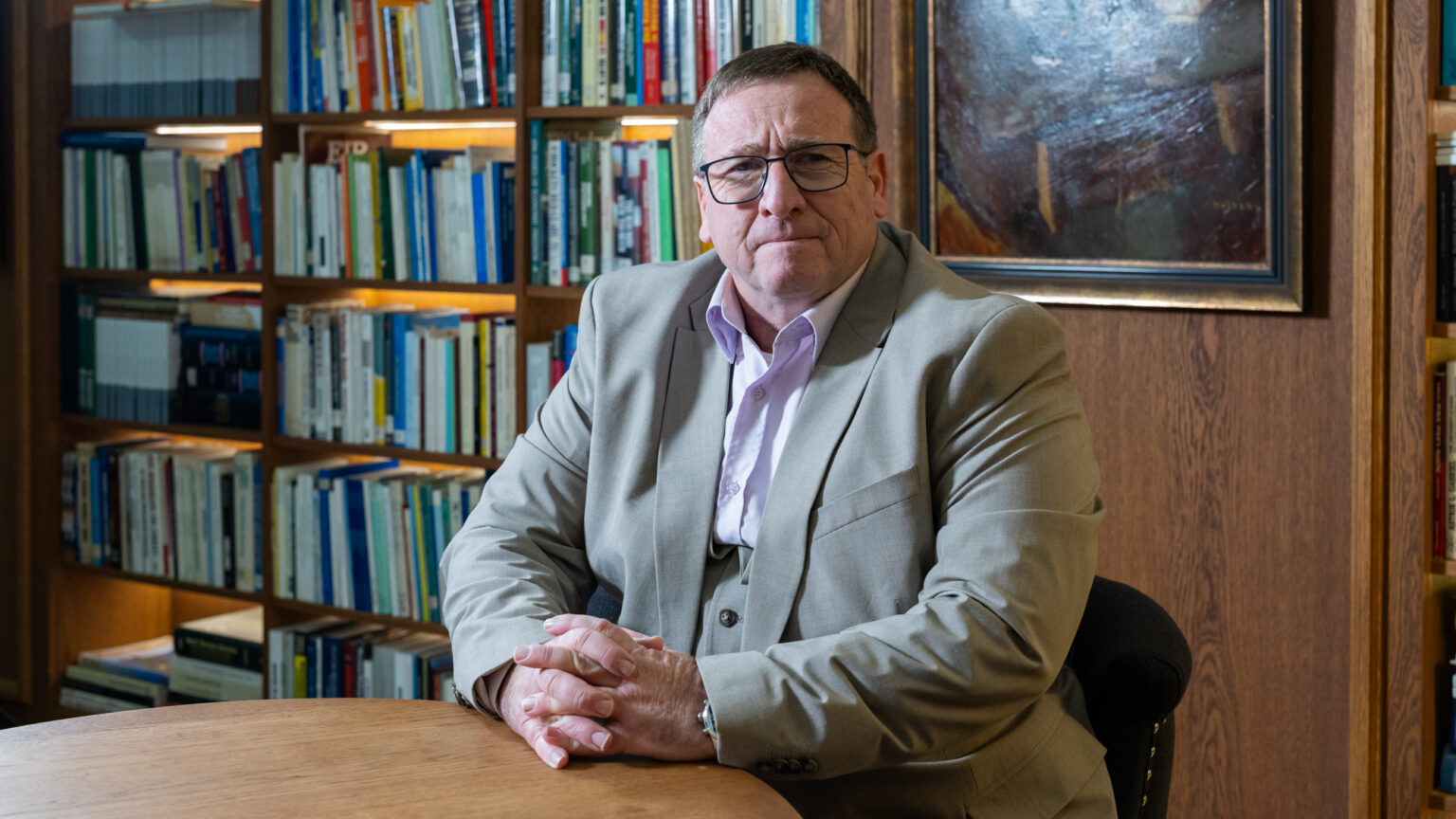
Is it possible to demilitarise the Gaza Strip? How strong is the Iranian regime? Will there ever be a Palestinian state? Do Israeli policies contribute to rising antisemitism? We spoke with the Head of the Military–Social Relations Department at the David Institute for Security Policy about the challenges and prospects facing the Middle East.
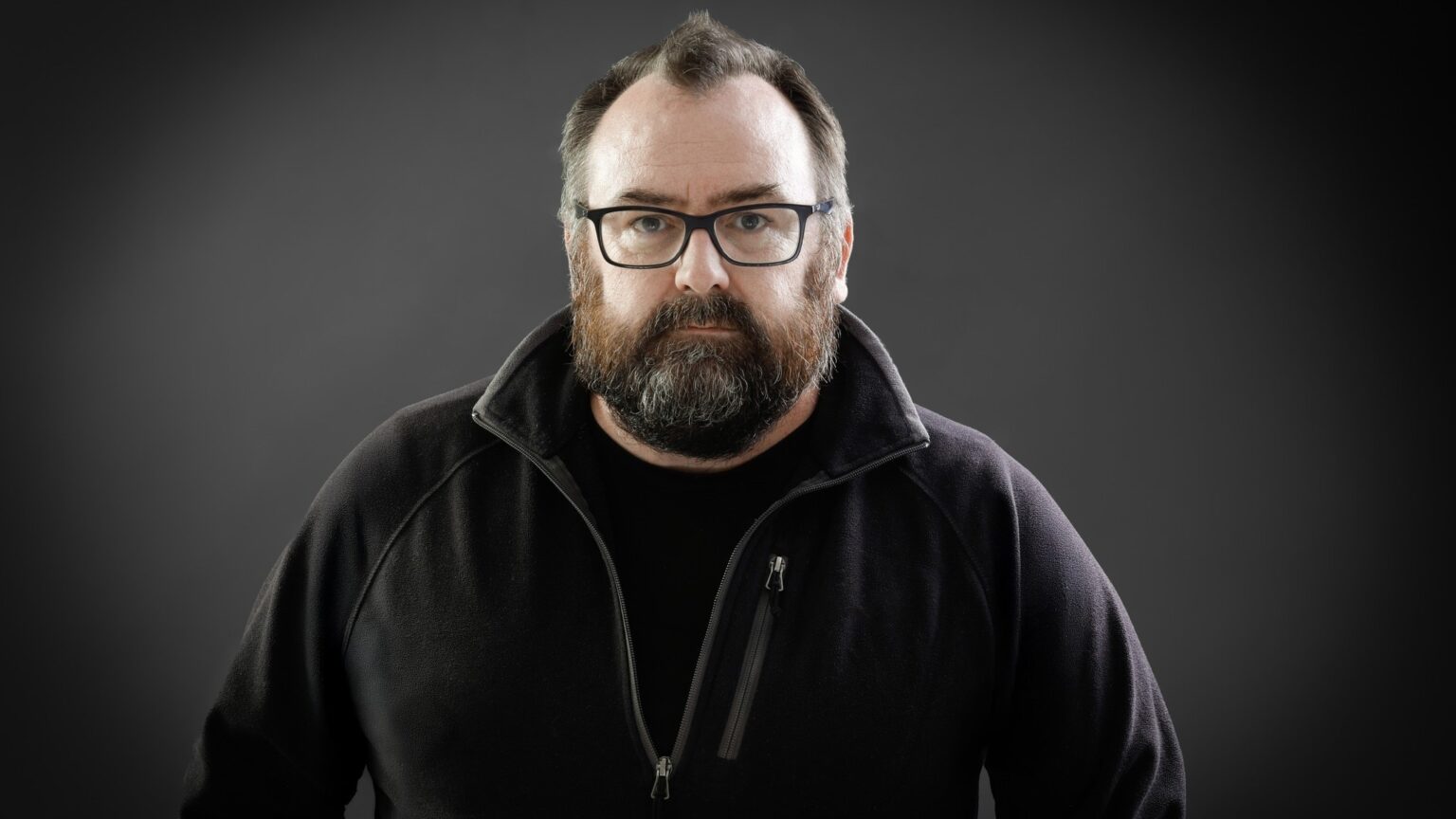
‘I do think that Irish people, maybe because of our colonial past, have this tendency to allow ourselves to be ruled by tyrants…Maybe it explains our love of the EU.’

‘That’s what I came away with, this idea of Hungarian identity. You can tell it’s motivated by a very deep love, and of identity, culture, history, of course, overcoming incredible struggles. And I did see a lot of similarities with Ireland, and it did make me sad to see how we went on such very different paths.’
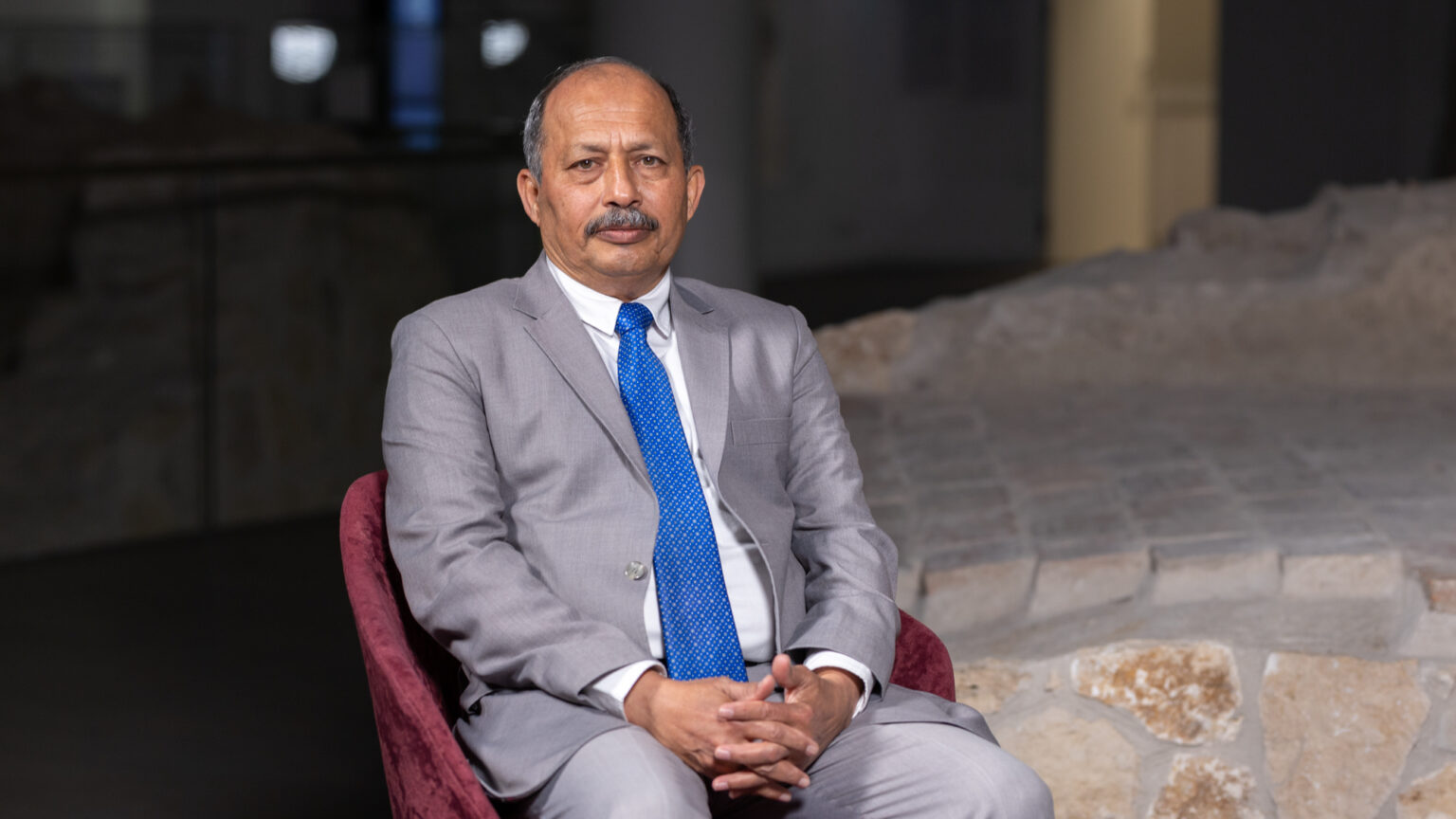
What did the United States achieve in the Afghan war? Why do China and Russia maintain a strategic partnership with Pakistan? And is there a rational solution to the Jammu and Kashmir territorial dispute? We spoke with the former Pakistani Ambassador to Afghanistan following his lecture at Ludovika University of Public Service in Budapest on Pakistan’s geopolitical significance.

‘The book went to number one in the national charts based on word of mouth, which is unheard of…So normally, anything that is this kind of a unicorn, the media should be all over it, because it’s such an unusual tale. But because it’s picking apart a lot of government narratives…the book was ignored for the first couple of months by the national media.’
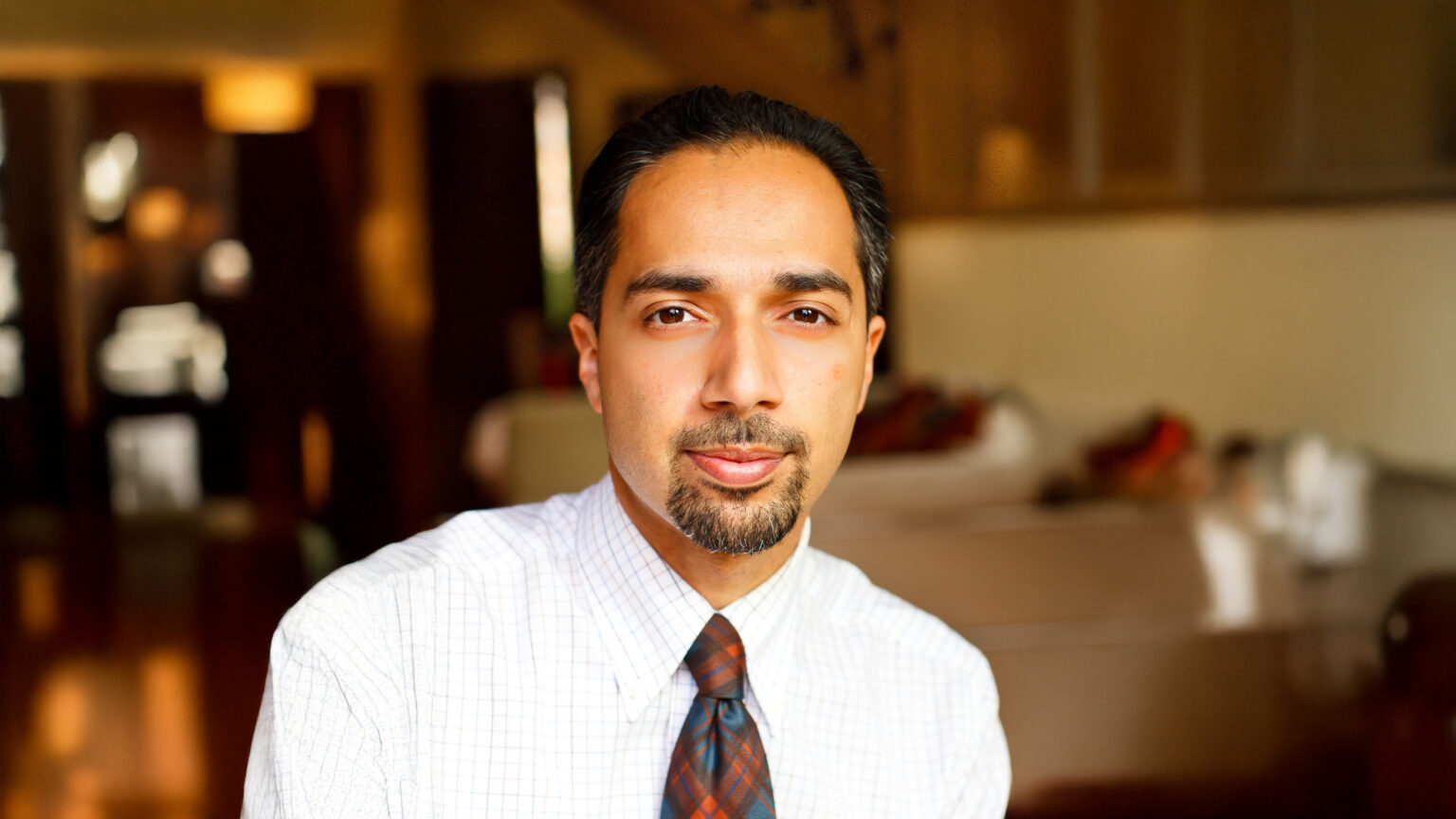
How is the current series of anti-government demonstrations different from previous protests in Iran? What are the most likely scenarios for system change? How strong is the Ayatollah regime? We asked the Executive Vice President of the Quincy Institute to explain what is actually happening in Iran.
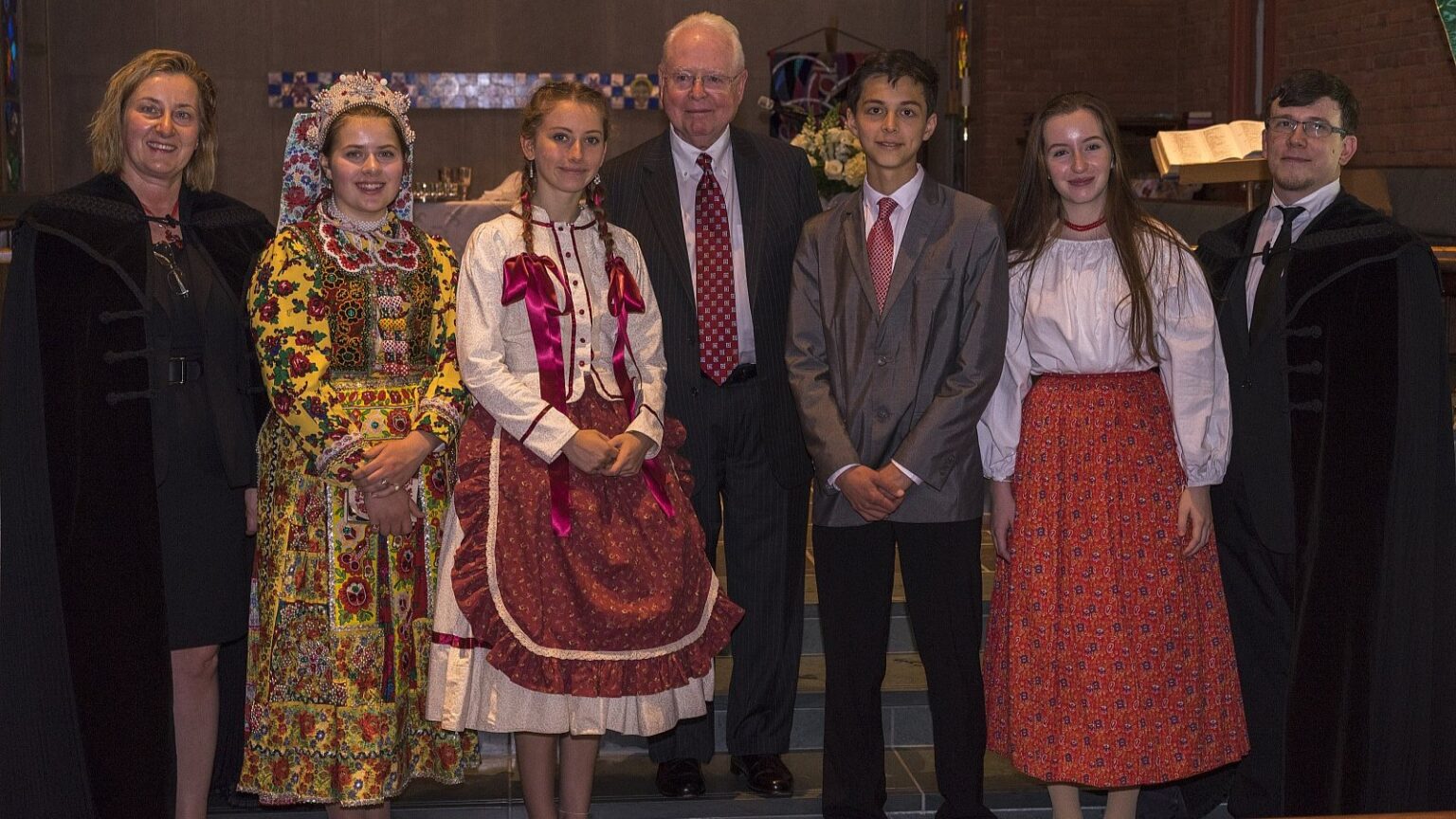
‘The idea of becoming a congregational pastor matured in me in America. We managed to visit my grandmother several times, who fled Hungary in 1956 and lived in New Jersey…In 1996, however, I felt that I’d like to come to America properly, look around, and talk to fellow pastors. That was when I first felt that perhaps I should try my hand at congregational ministry.’
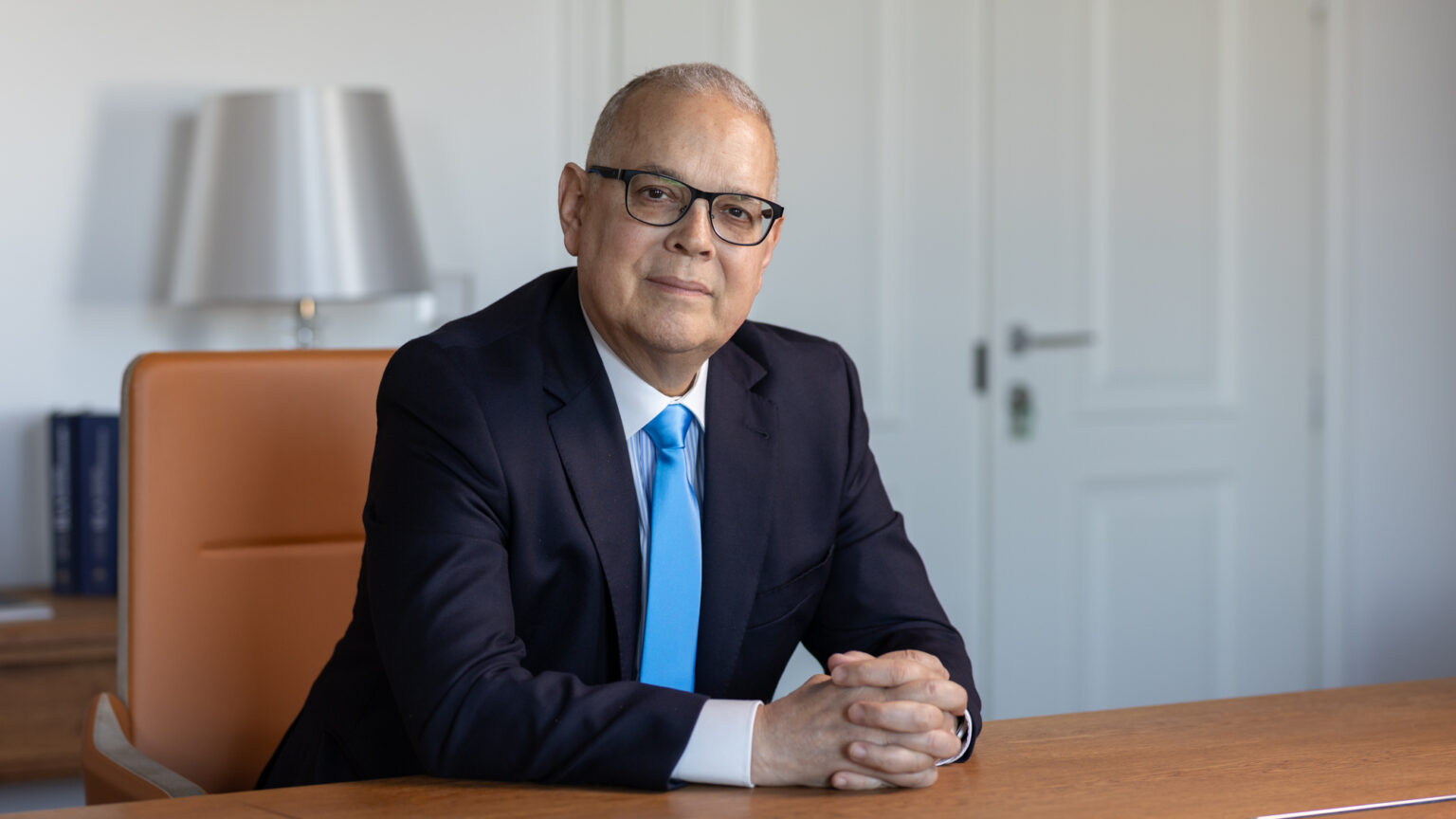
What is the significance of the American military intervention aiming to capture President Maduro? What went wrong during the Chávez era? What will be the fate of the Maduro—and the Cuban—regime? The Hungarian Conservative asked the prominent Venezuelan opposition figure in Budapest about America’s capture of President Maduro and its political consequences for Venezuela.
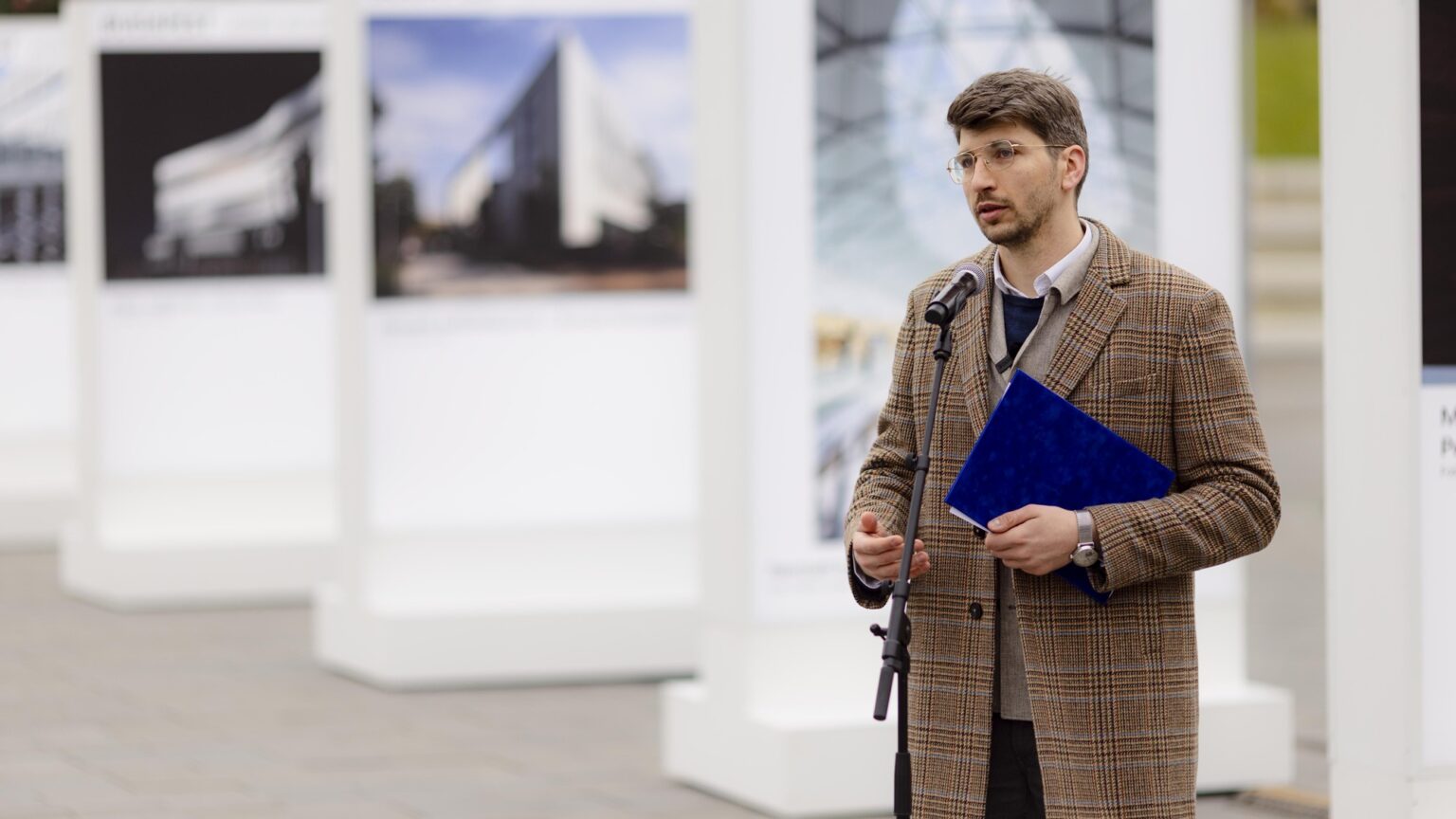
‘Our analytical work covers areas including transport development, the housing crisis, the reuse of brownfield sites, Budapest’s large public parks, and the capital’s portfolio of development tenders…Beyond our professional work, we also aim to strengthen residents’ connection to their city through community programmes.’
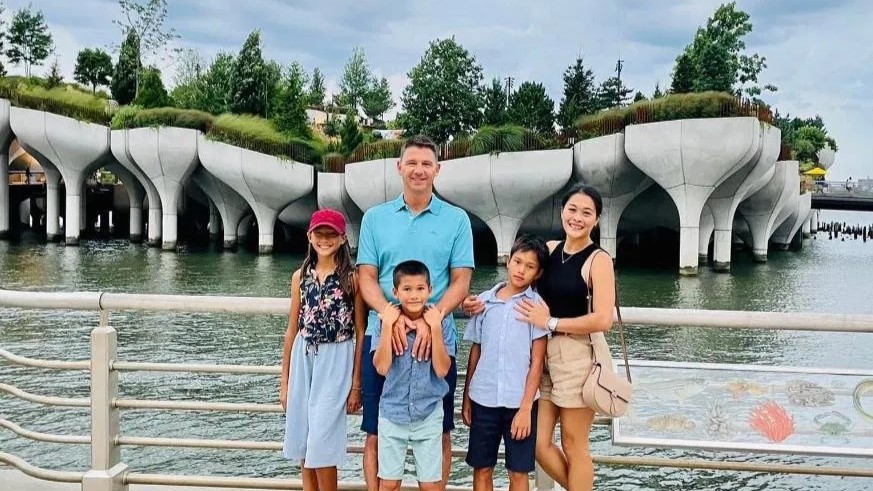
‘I received a scholarship that covered tuition fees, but the cost of living was very high. Alongside two training sessions a day, I had to study and also work—as a waiter—in order to be able to pay for accommodation…With the university team, we won the Eastern Championship, defeating universities such as Harvard, Princeton, Brown, and the Navy’s team, too.’
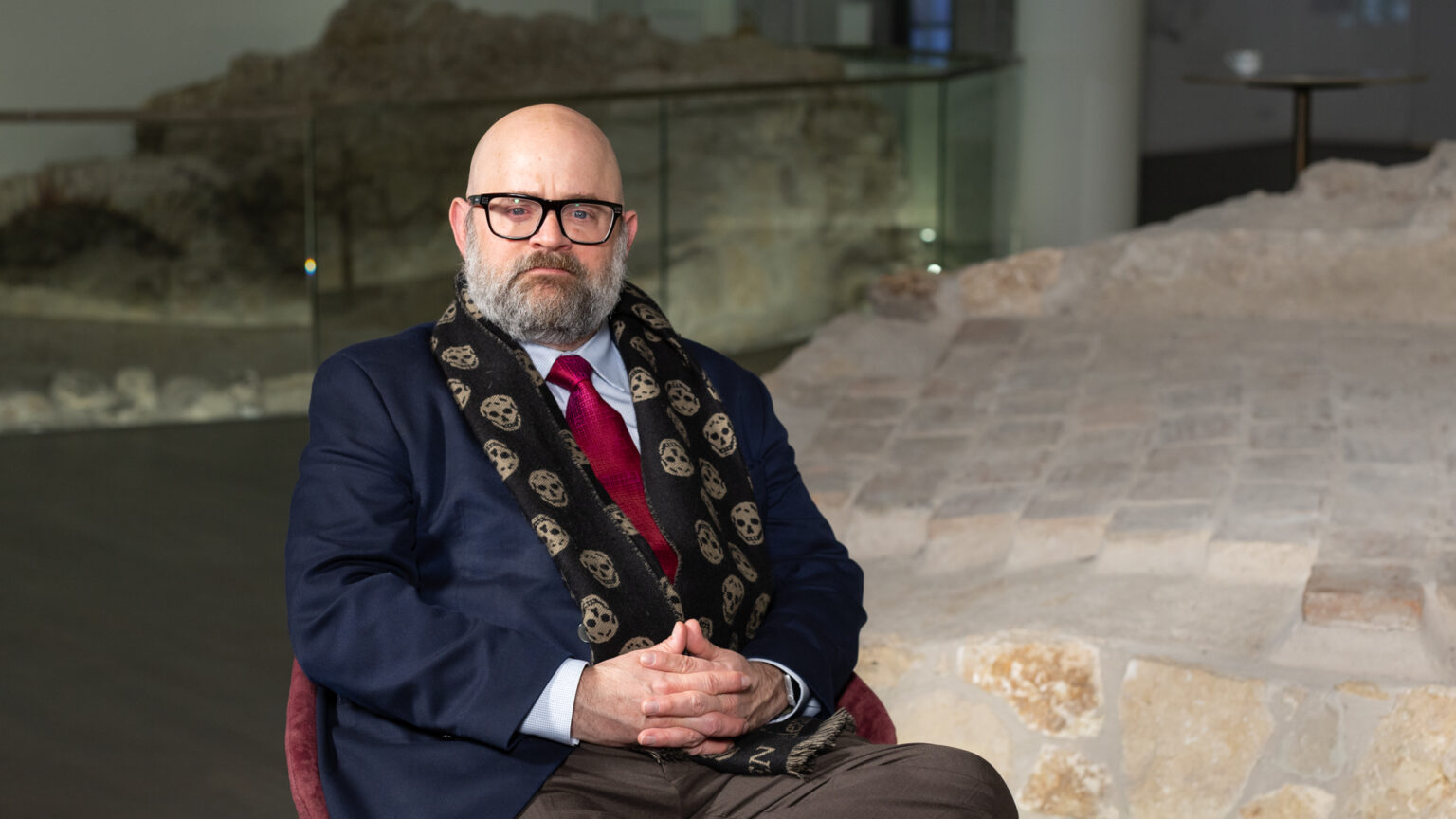
What does it mean to be human? What are the limits of the transhumanist idea that humans can overcome their biological constraints? What are the ethical issues with abortion and assisted reproduction? We asked O Carter Snead, a professor of law and an expert on bioethics, at the Axioma Center’s conference in Budapest about the concept of the human being from the perspectives of transhumanism and Christianity.
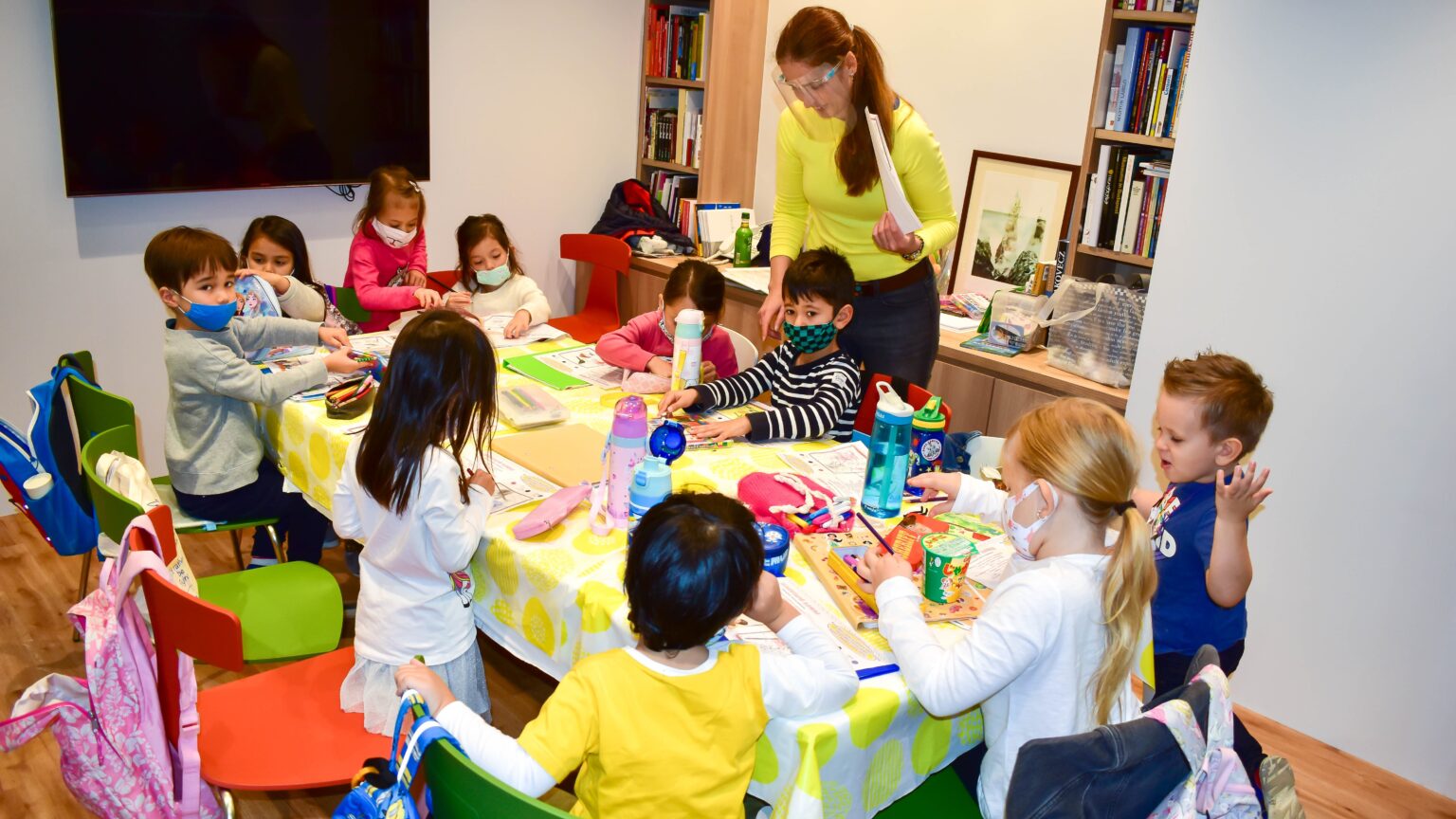
‘It isn’t easy to find proper intellectual work here. We talked with the Hungarian ambassador about work possibilities, and it came up that there were more and more Hungarian children in Tokyo, so perhaps I could try founding a Hungarian weekend school—there might be interest.’
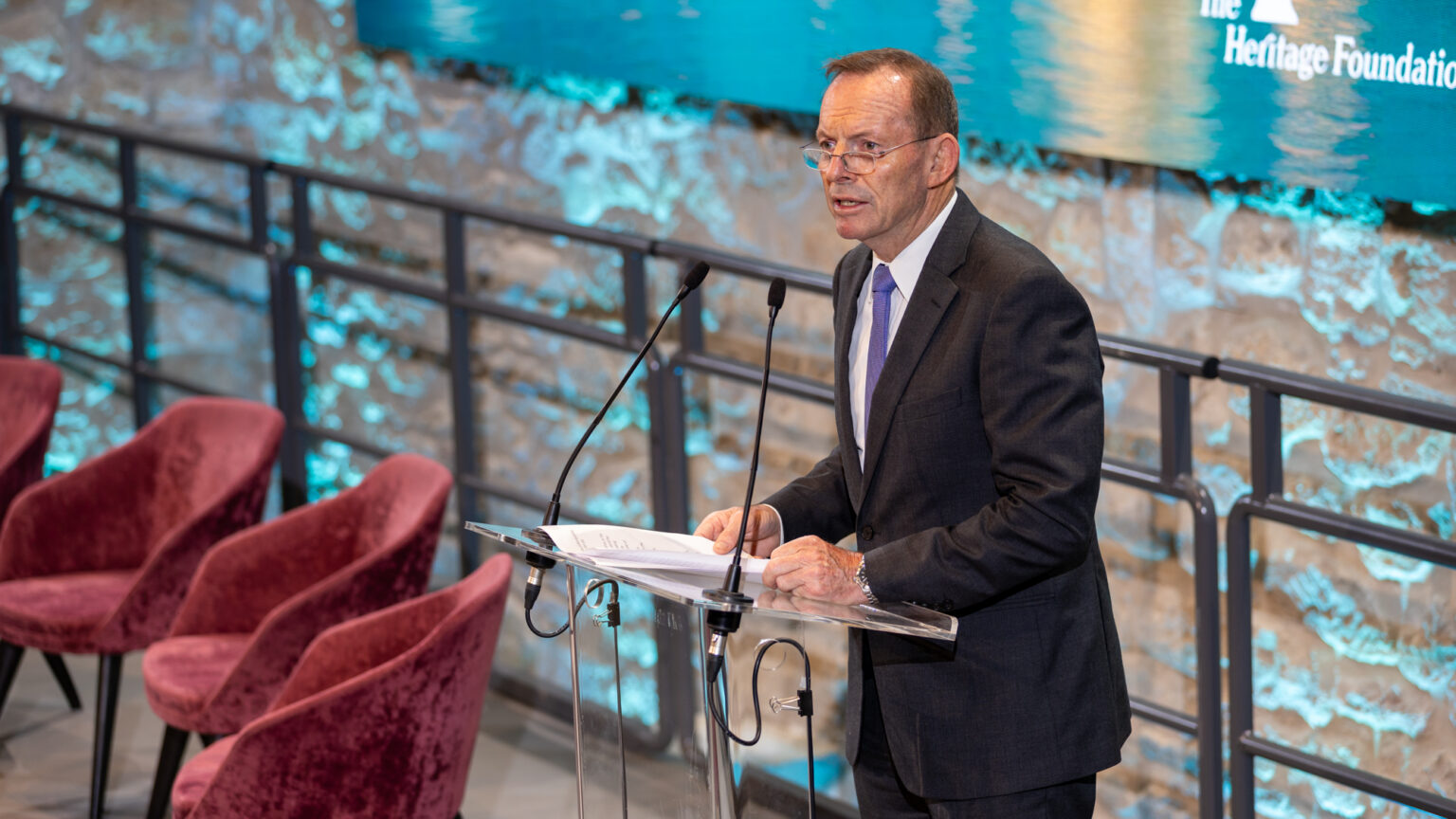
‘I do think we’ve got to make it clear that visas will not be issued to people with a history of antisemitism or a history of support for ideologies which are inconsistent with the liberal, pluralist, democratic way of life that we enjoy in this country.’
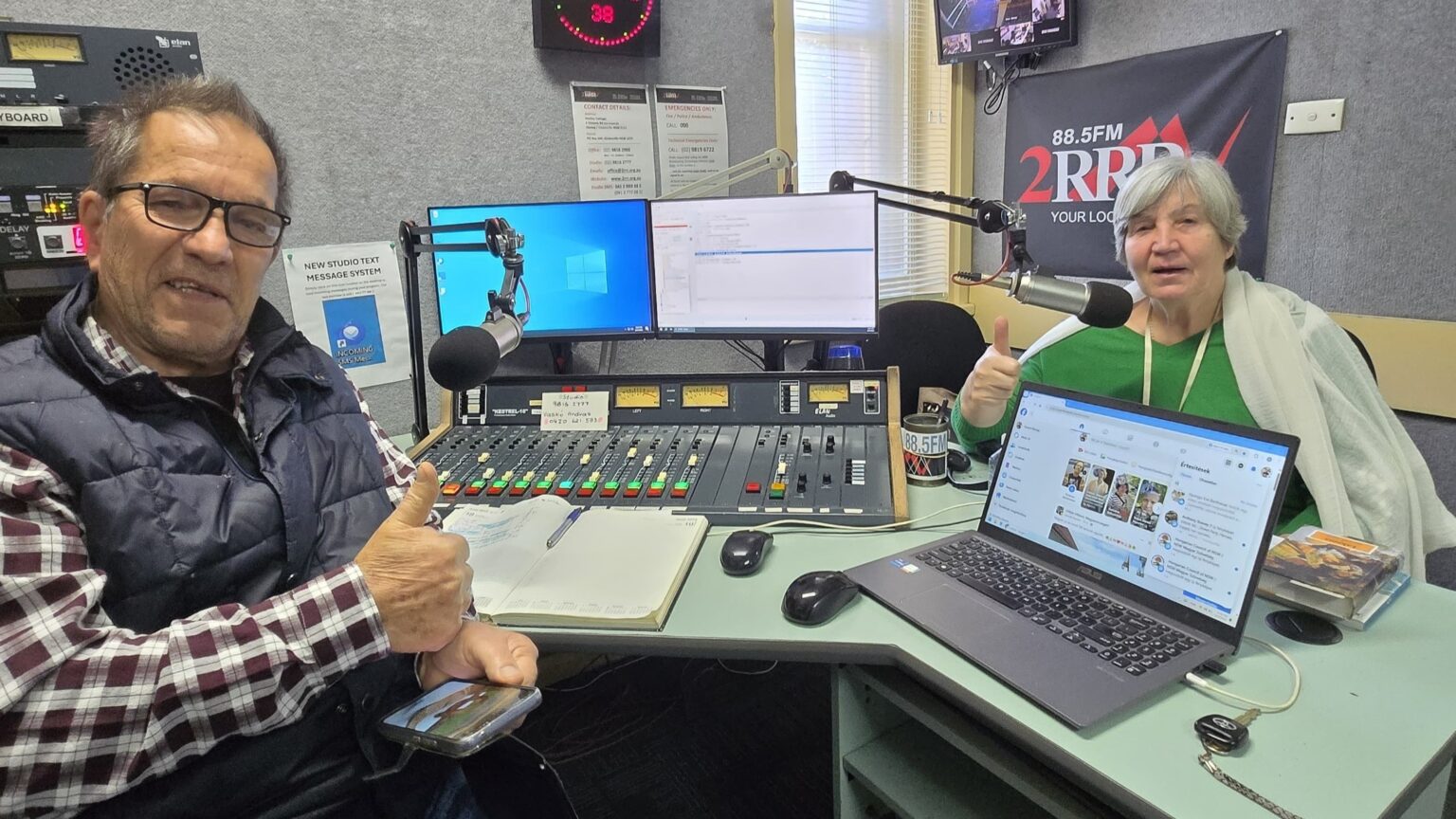
‘The radio goes on air every weekend, yet people are less and less willing to join in and sacrifice time for the community. Until we find someone who falls in love with the radio—and through it, falls in love with the Hungarian community—we have no chance of ensuring the radio’s survival. We’ll keep doing it until the microphone falls out of our hands…’
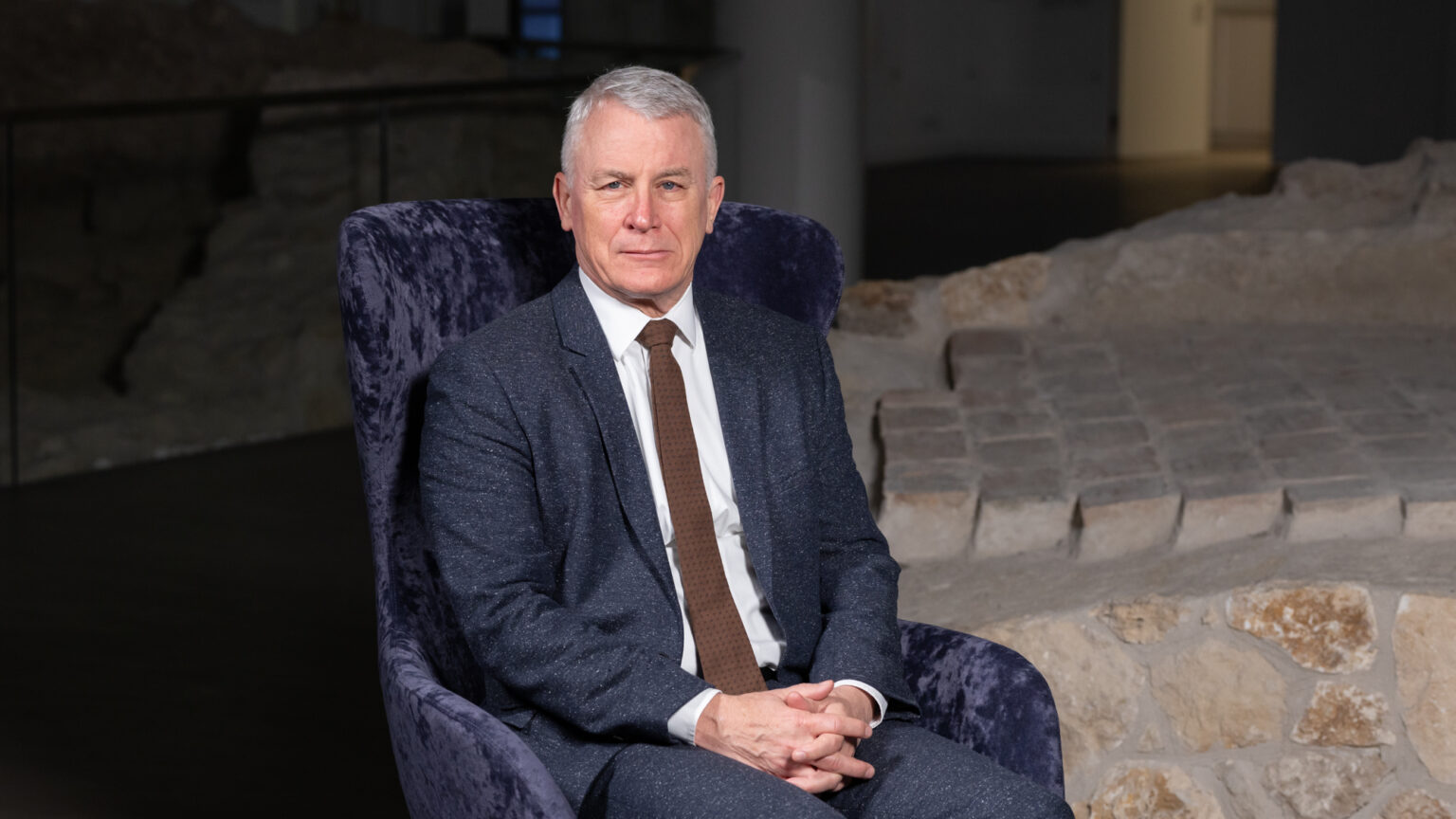
What are Russia’s minimum objectives for demonstrating victory? What will happen to Gaza? How can the West persuade Central Asia to cooperate with the US and Europe? We asked a former senior director at the National Security Council in George W Bush’s White House for a year-end analysis of the world’s three major geopolitical conflicts.
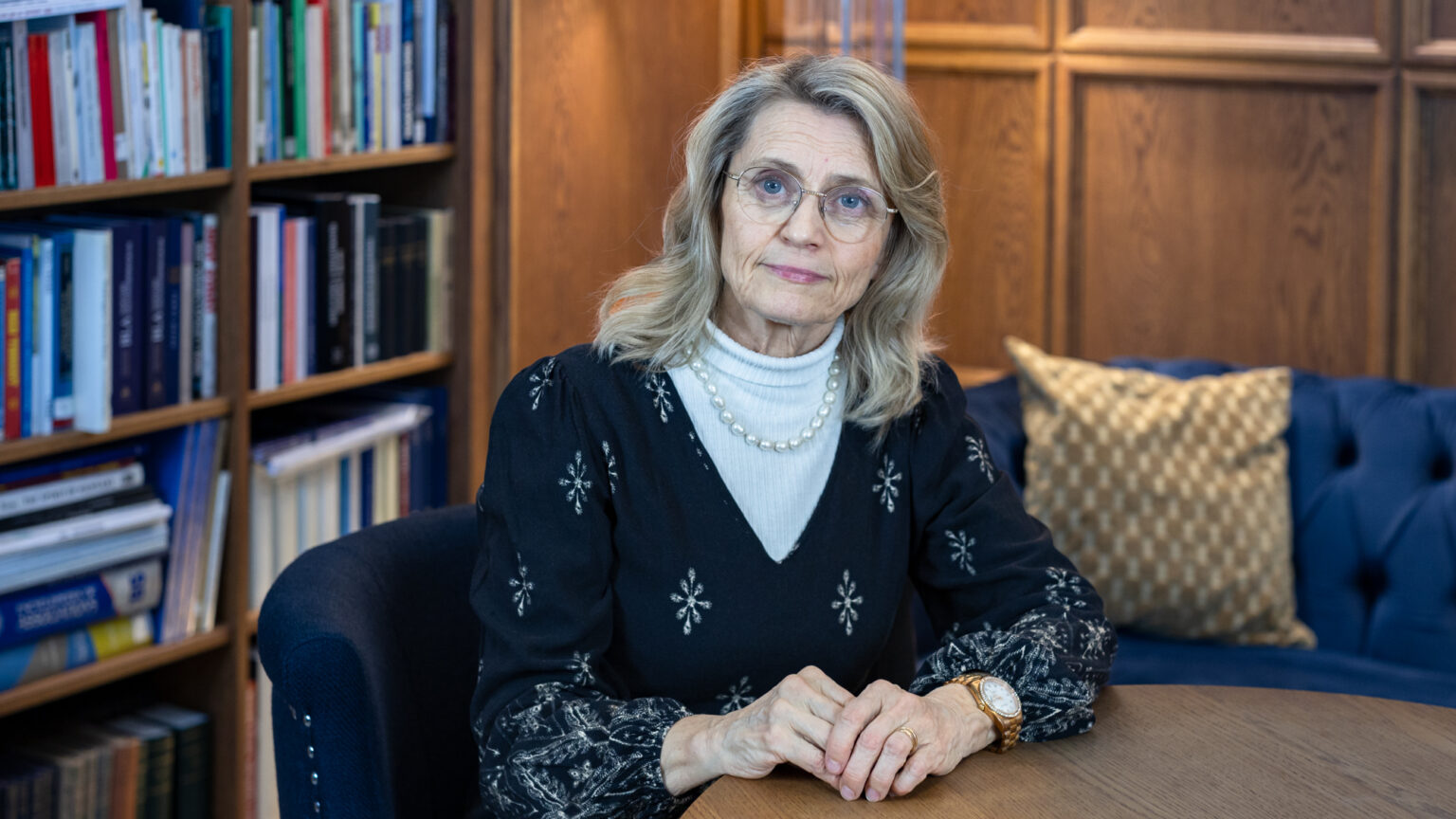
What could be God’s stance on homosexuality? Why is the anti-abortion stance a minority view in Finland? What is the problem with the integration of non-Christian migrants? We talked to a former Minister of the Interior of Finland at Axioma Center’s conference about the criminal proceedings initiated against her and the status of freedom of religion and freedom of expression in Finland.
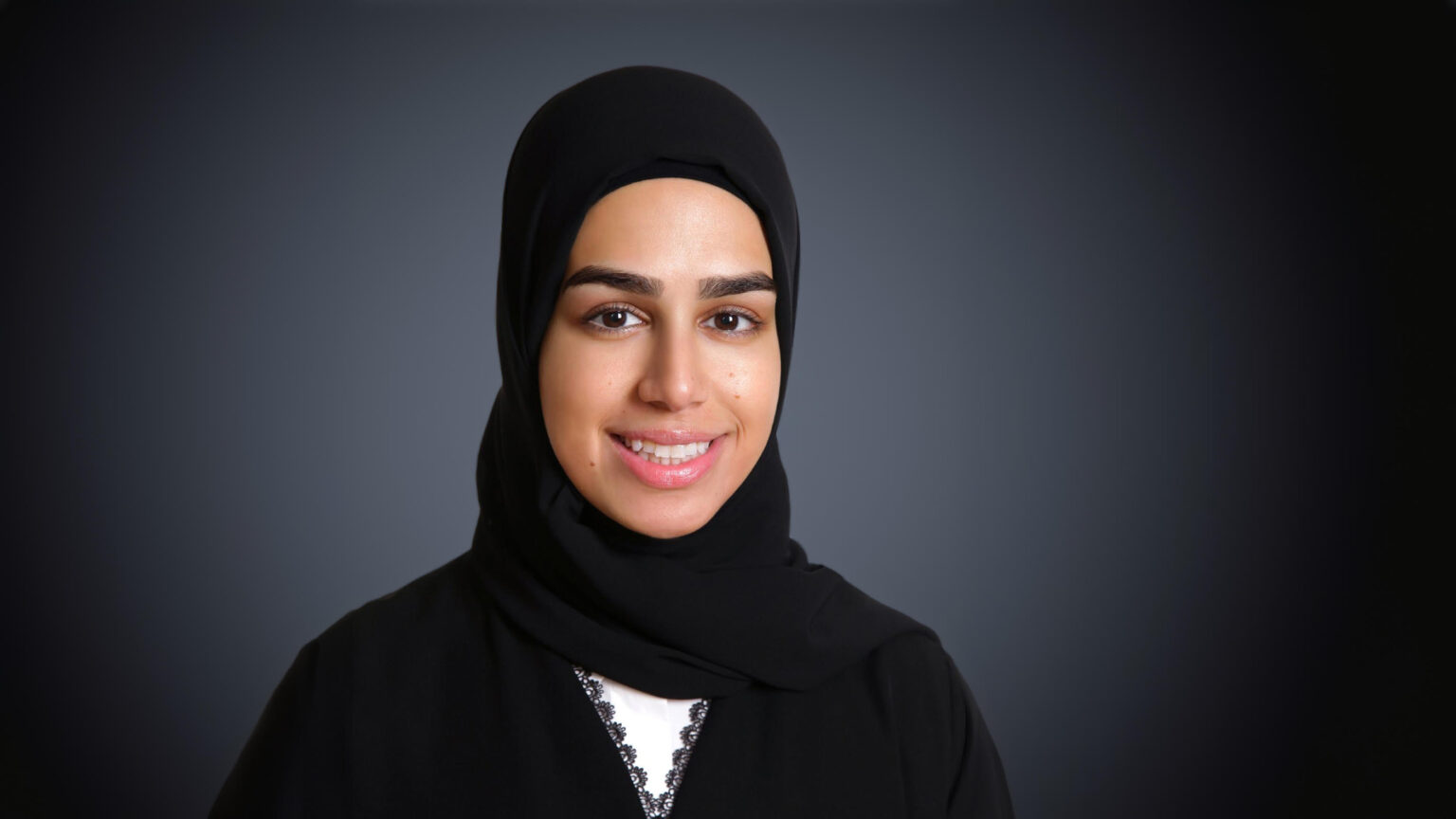
What role do women play in UAE politics? What is the geopolitical significance of the UAE? And why is Hungary an important partner for the Emirates? We spoke with a female member of the UAE Federal National Council and Chairwoman of the UAE–Hungary Friendship Committee about gender equality, diplomacy, and geopolitics.
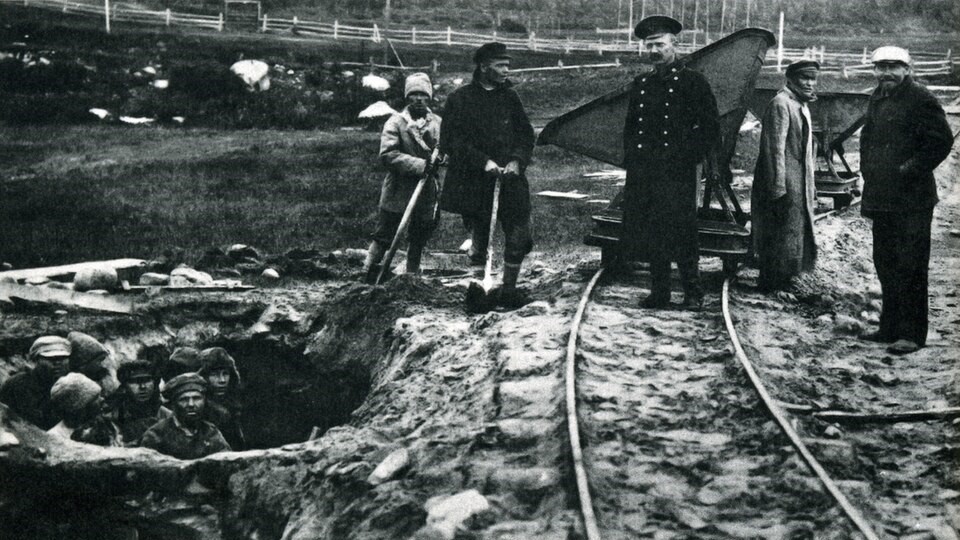
‘The whole system was evil and irrational. An observer noted that there was a full company of French soldiers in a transit camp. They escaped from German captivity, hid in Hungary, but they were put among the forced labourers simply because the Soviets wanted more people in the camps.’
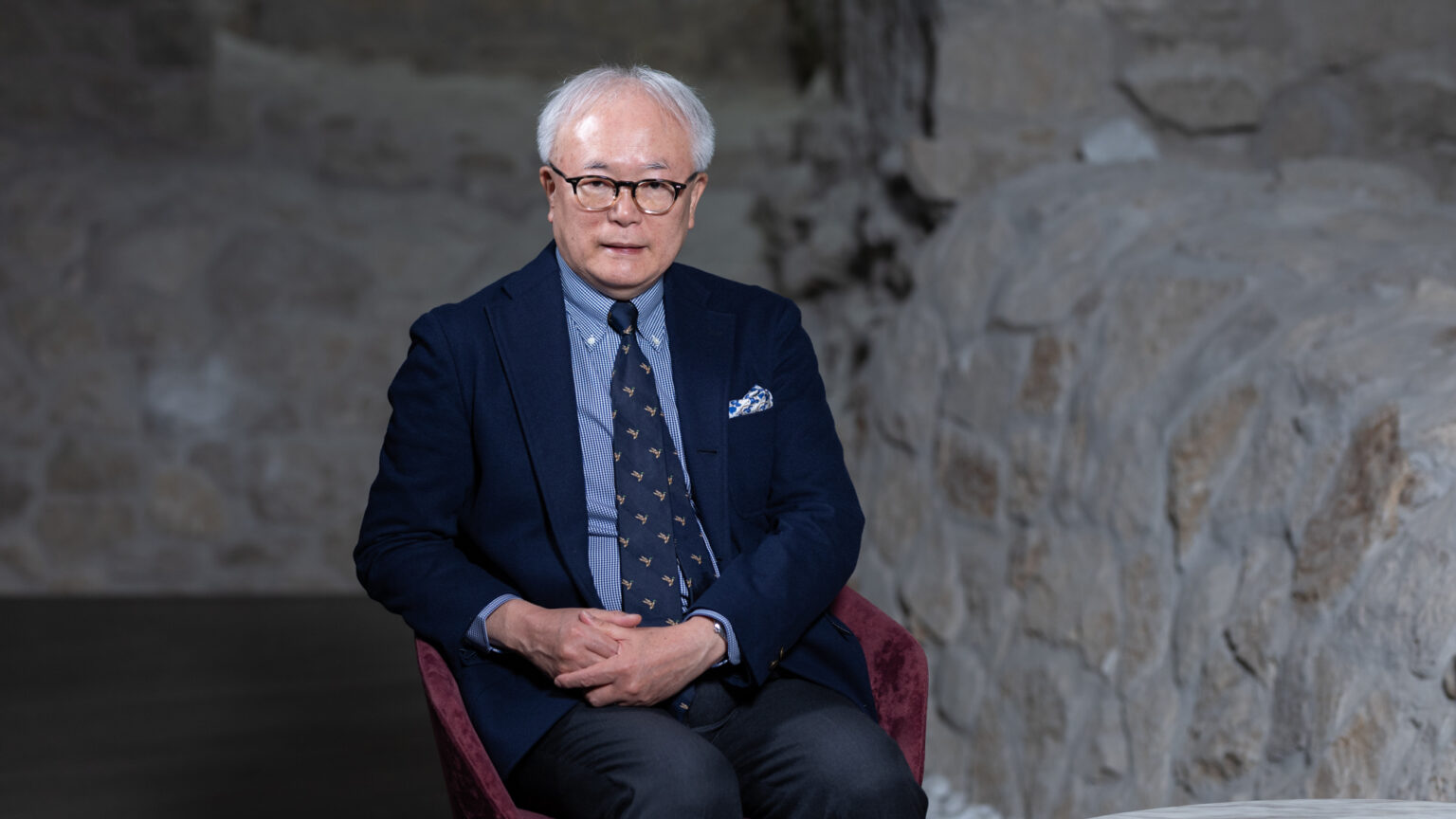
What is the nature of the relationship between Hungary, Japan, and the US? Is ‘woke’ a significant issue in Japan? What does Japan do to counterbalance the influence of China in the Pacific? We spoke to a former Special Advisor to PM Shinzo Abe about the geopolitical turbulence surrounding Japan.
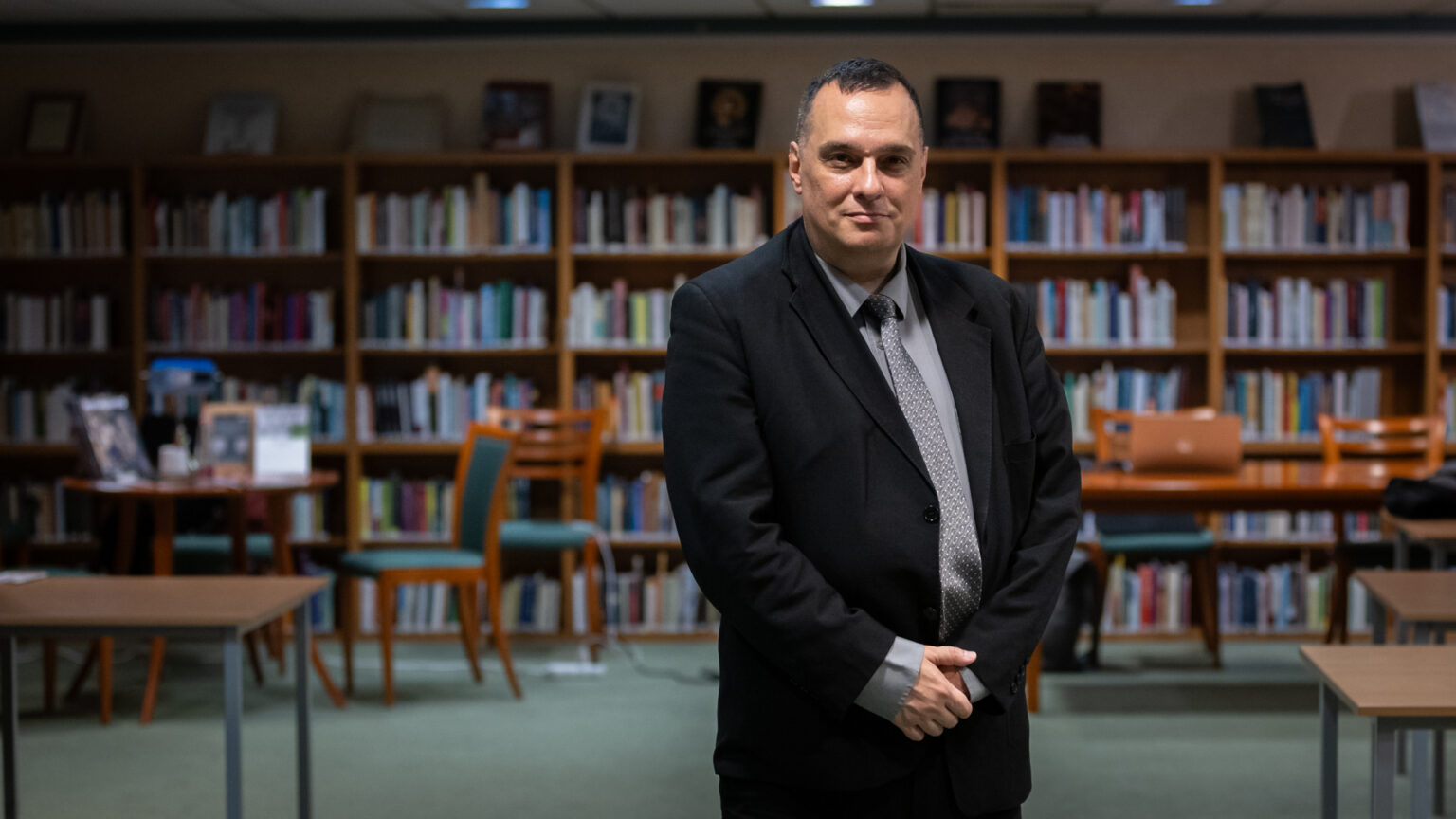
Andrej Protić, a senior Serbian security expert, warns that Europe’s drug threat is entering a dangerous new phase. Speaking to Hungarian Conservative, he said illegal migration and trafficking networks remain intertwined, but the real fault line now runs between Western harm-reduction models and Eastern zero-tolerance approaches—reflecting a deeper value divide.
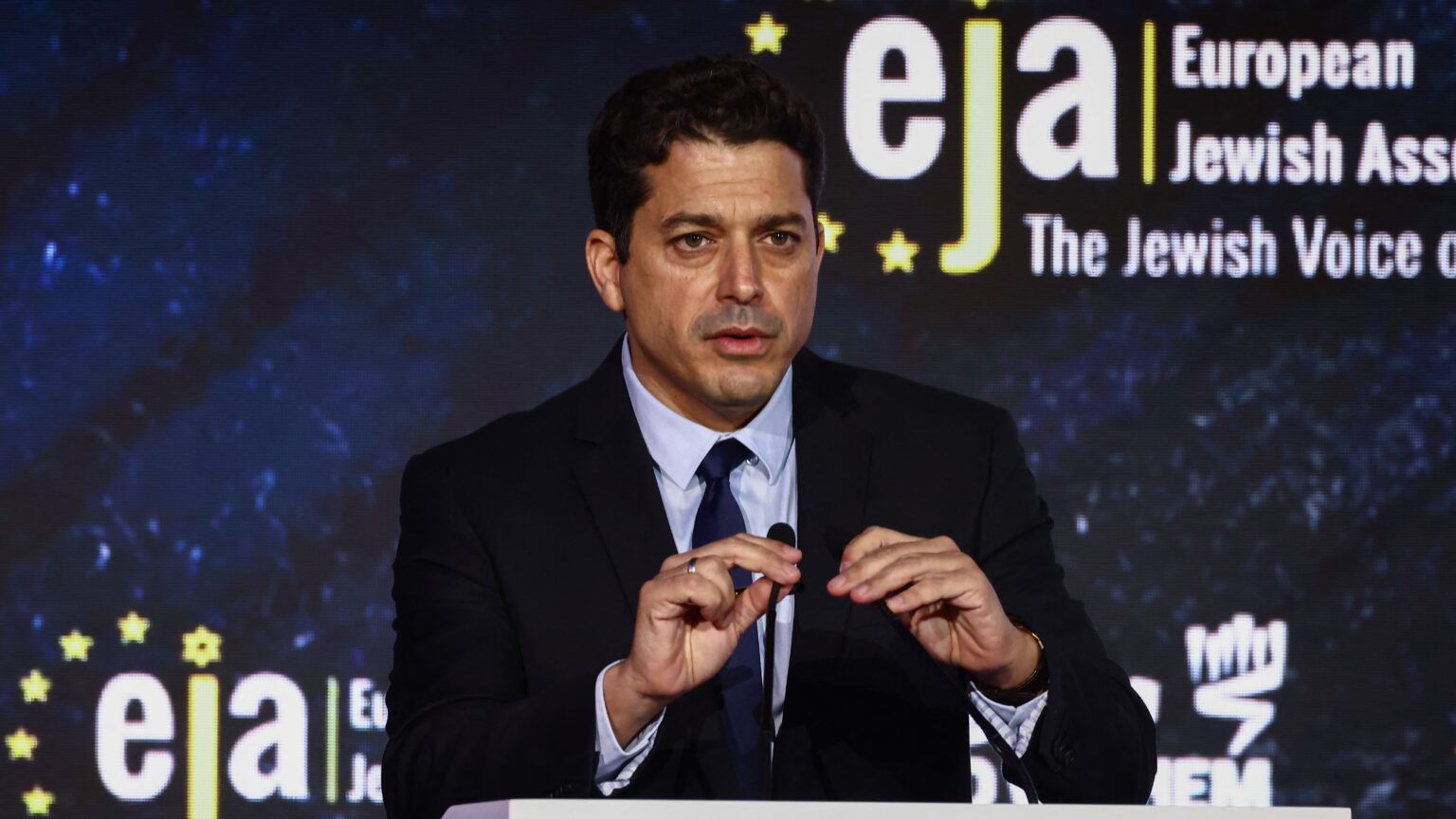
‘But the fact remains: in Europe, almost every terrorist attack against Jews has been carried out by a Muslim perpetrator.’
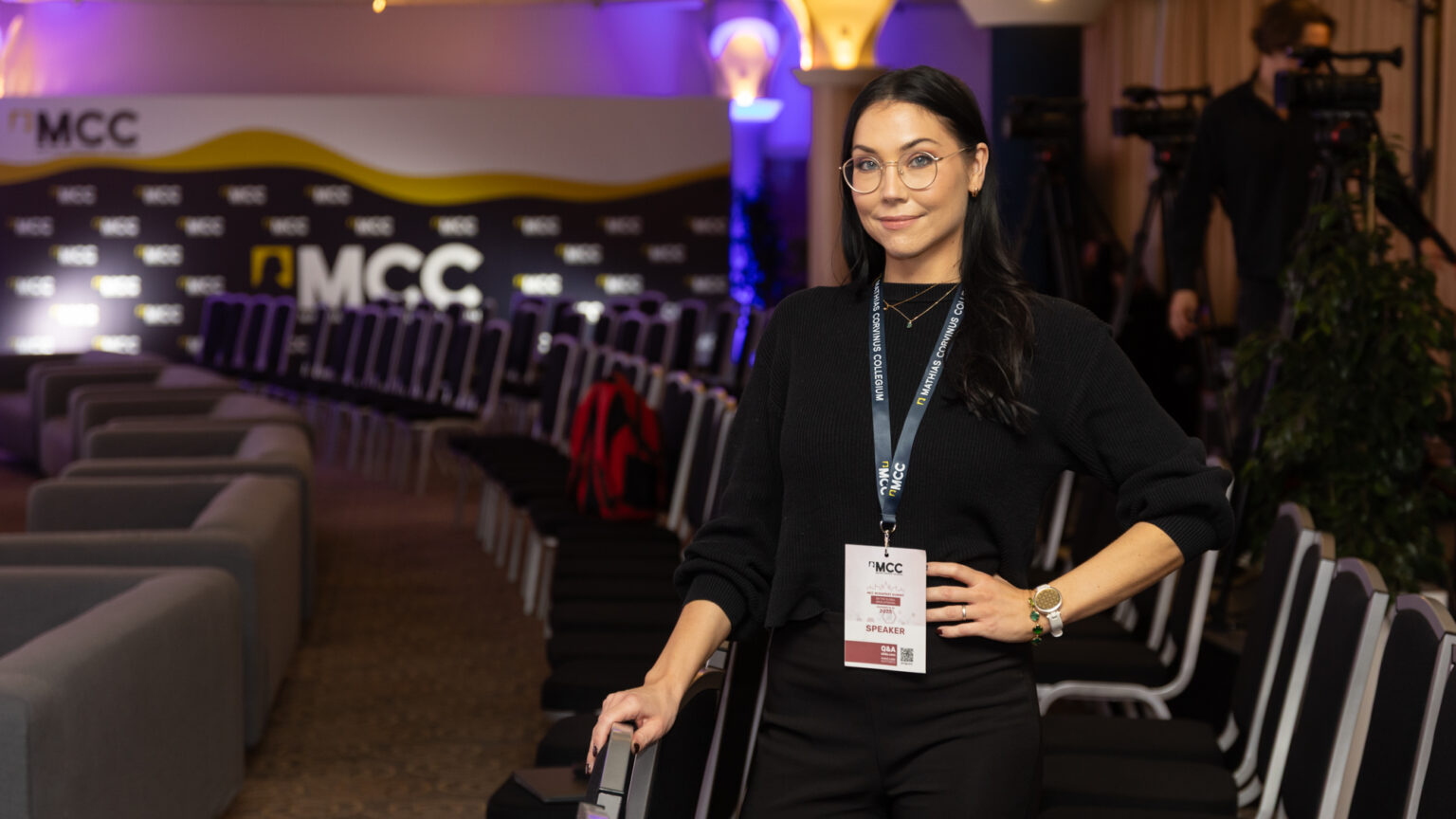
At the MCC Budapest Summit on the Global Drug Epidemic, sociologist Ashley Frawley explained to Hungarian Conservative how woke ideology and the elevation of emotion over meaning have weakened resilience in Western societies. She argues this psychologized worldview drives people toward self-medication and dependence on drugs.